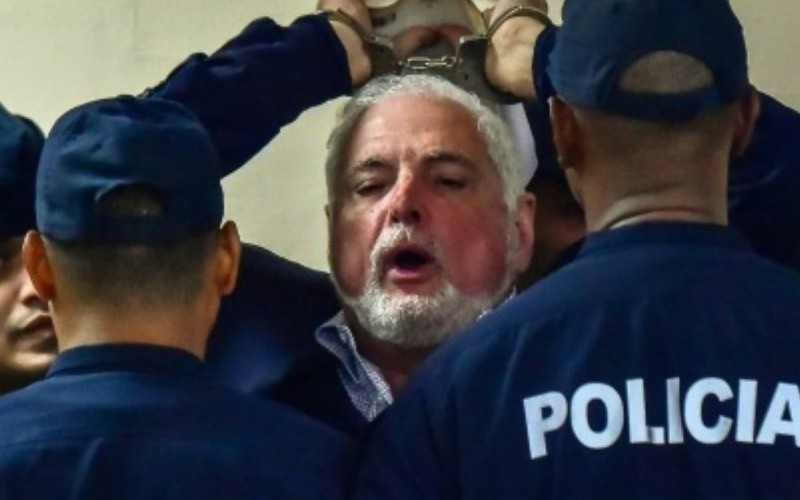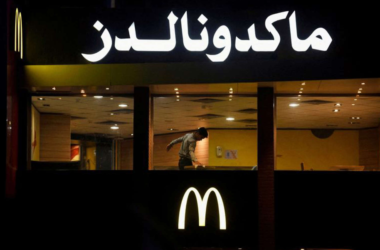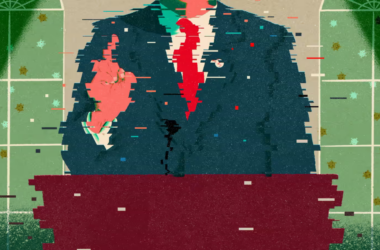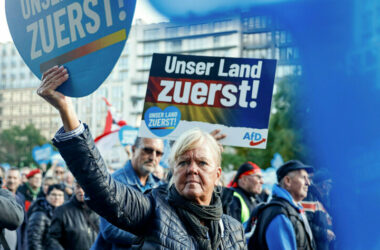Nicaragua’s government announced on Wednesday that it has granted asylum to Panama’s former President Ricardo Martinelli, who currently faces a lengthy prison sentence in his home country. Martinelli, seeking refuge from perceived political persecution, made the request for asylum at Nicaragua’s embassy in Panama City.
The former president’s plea for asylum comes amidst his ongoing legal battles in Panama, where he is confronting a significant prison term. Despite his asylum request, Martinelli remains in Panama, as confirmed by himself to Reuters, while his spokesman reiterated his commitment to seek asylum in Nicaragua.
Martinelli, who is actively campaigning to reclaim Panama’s presidency in the upcoming elections later this year, asserts that he is a victim of political persecution and fears for his life. Nicaragua’s foreign ministry released a statement affirming Martinelli’s claims of imminent danger, prompting the decision to grant him asylum.
Recent developments in Martinelli’s legal saga include Panama’s highest court rejecting his appeal to overturn an almost 11-year prison sentence, stemming from a conviction last year on charges related to money laundering. The verdict has cast uncertainty over Martinelli’s political ambitions, with electoral authorities yet to provide clarity on the status of his candidacy following the court’s ruling.
Despite the legal setbacks, Martinelli has maintained a strong presence in Panamanian politics and continues to lead in opinion polls ahead of the scheduled presidential election in May. His candidacy, however, remains shrouded in uncertainty amidst the ongoing legal and political turmoil surrounding his case.
While Nicaragua’s decision to grant asylum to Martinelli underscores the government’s commitment to providing refuge to individuals facing persecution, it also reflects the broader regional trend of extending sanctuary to former leaders from neighboring countries. Notably, Nicaragua has previously offered asylum to two former presidents of nearby El Salvador, Mauricio Funes, and Salvador Sanchez.
In response to the development, Panama’s foreign ministry refrained from immediate comment, signaling the delicate diplomatic implications of Martinelli’s asylum case. As the legal proceedings and political maneuvering unfold, the fate of Martinelli’s candidacy and his future in Panamanian politics remain uncertain, amidst a backdrop of heightened tensions and legal challenges.








